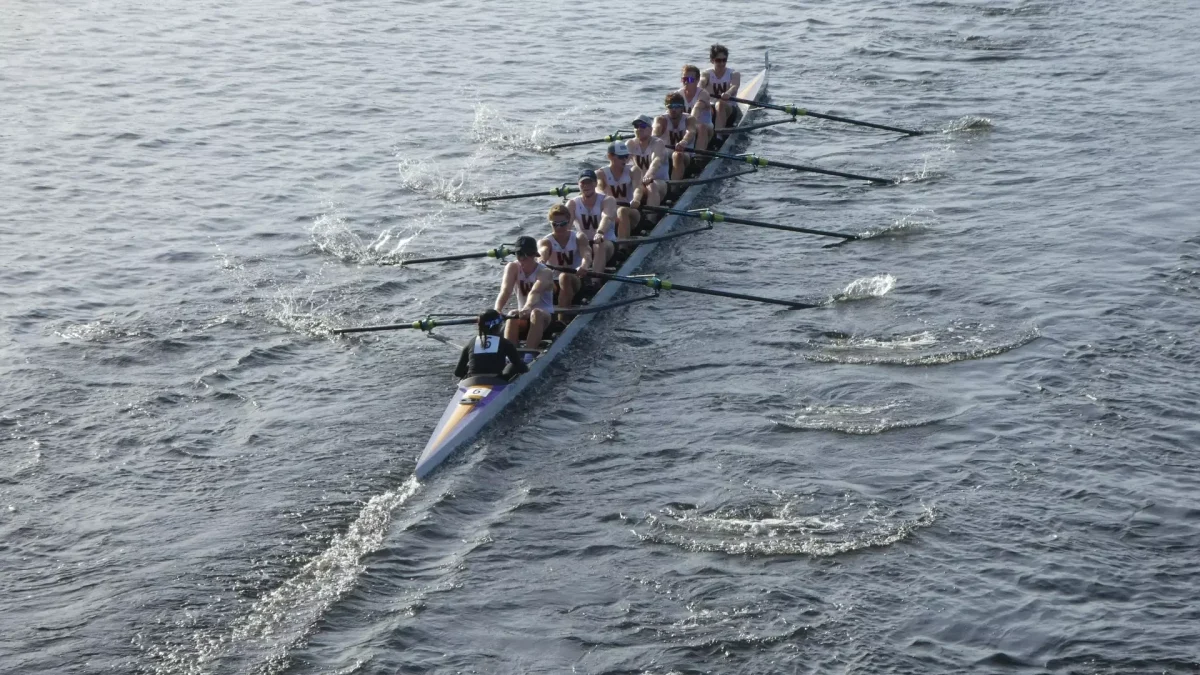I’m bound to provoke some anglers in the Deep South who are on their local fishing team with this one.
Is fishing a sport? In short, no.
Fishing is a connection between nature and the self, with no semblance to sporty qualities. Although hobbyists like myself tend to inject competition to increase the thrill of the catch and demonstrate our relative skills, fishing lacks the qualifications of a sport and labeling it as such sets a dangerous precedent for the ways in which fishermen treat cherished waters.
By Google’s definition, a sport is a recreational activity that involves physical exertion and skill in competition against one or more teams. Let’s stop at exertion: As much as I wish I could say my morning fishing routine is great exercise, I think about my leisurely stroll to the beach and gentle lob-casts into the ocean and laugh.
Now, this is not to say that some fishermen don’t get a pump in. I’ve seen anglers hop from rock to rock while tied to a 200-pound angry tuna. I’ve watched grown men pulled into the water by toothy monsters. I’ve even watched hardened vets panting and sweating as they struggle to remove a barbed hook from their thigh. I have had my own fair share of soreness and heavy breathing after landing a cow bass or shark. Nevertheless, these feats of exertion during fishing aren’t very common. The average fisherman takes a white bucket down to the shore, casts a semi-frozen chunk of bait into the water, flips the bucket around and takes a seat. He spends half an hour ogling the rod tip trying to conjure up bites before daring to change his position.
Sports are not, or at least should not be, dependent upon the capture and death of live animals. This would alter the competition from being human versus human to being human versus wild game.
Treating fishing as a sport enables an abusive attitude towards the dwindling aquatic environment. Athletes across the board want to score the most points, tackle the most players and kick the most goals. We do not need to add “kill the most fish” to this list. Much of the language in the fishing community already revolves around sports culture. including ‘gamefish,’ ‘trophy catch,’ ‘football tuna’ and plenty more.
As we boast about catches and get caught up in the thrill of fishing, we sometimes forget that living animals are not trophies. We can either continue to catch fish and leave healthy waters for anglers to come or continue commodifying the extractability of the same fish that give us so much more joy alive than dead.
Williams Fishing Club has, historically, and continues to practice catch-and-release fishing today. Though we take an Instagram photo or two upon capture, we carefully release our fish to keep the population thriving and minimize environmental impact. Although I cannot speak for the entire membership, many of our members treat fishing as a pastime, not a sport. Some of us do playfully compete with each other, and some of our more serious members even attend the annual trout and bass tournament. Such competition is limited, however. We foster a learning environment over all else.
I would like to leave fishing-is-a-sport purists with this final thought: Treat fishing as a sport all you want, but you’ll always be fishing for second place. The Williams Fishing Club is undefeated in tournament action.
Emery Zahner ’22 is the president of the Williams Fishing Club.








